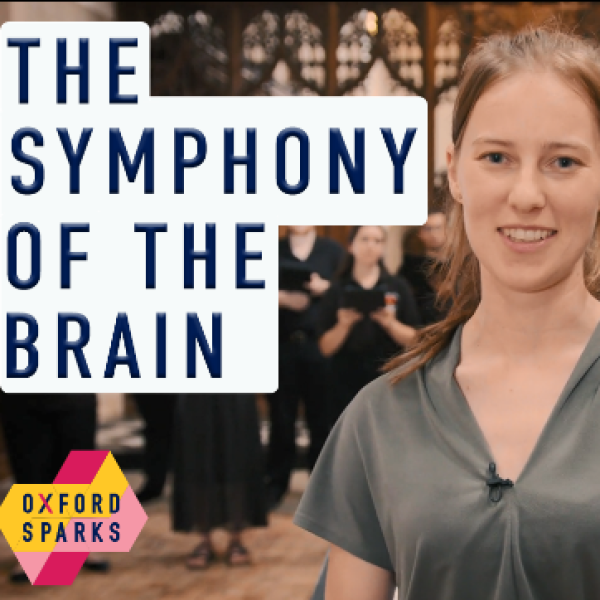A checklist for assessing the methodological quality of concurrent tES-fMRI studies (ContES checklist): a consensus study and statement.
Low-intensity transcranial electrical stimulation (tES), including alternating or direct current stimulation, applies weak electrical stimulation to modulate the activity of brain circuits. Integration of tES with concurrent functional MRI (fMRI) allows for the mapping of neural activity during neuromodulation, supporting causal studies of both brain function and tES effects. Methodological aspects of tES-fMRI studies underpin the results, and reporting them in appropriate detail is required for reproducibility and interpretability. Despite the growing number of published reports, there are no consensus-based checklists for disclosing methodological details of concurrent tES-fMRI studies. The objective of this work was to develop a consensus-based checklist of reporting standards for concurrent tES-fMRI studies to support methodological rigor, transparency and reproducibility (ContES checklist). A two-phase Delphi consensus process was conducted by a steering committee (SC) of 13 members and 49 expert panelists through the International Network of the tES-fMRI Consortium. The process began with a circulation of a preliminary checklist of essential items and additional recommendations, developed by the SC on the basis of a systematic review of 57 concurrent tES-fMRI studies. Contributors were then invited to suggest revisions or additions to the initial checklist. After the revision phase, contributors rated the importance of the 17 essential items and 42 additional recommendations in the final checklist. The state of methodological transparency within the 57 reviewed concurrent tES-fMRI studies was then assessed by using the checklist. Experts refined the checklist through the revision and rating phases, leading to a checklist with three categories of essential items and additional recommendations: (i) technological factors, (ii) safety and noise tests and (iii) methodological factors. The level of reporting of checklist items varied among the 57 concurrent tES-fMRI papers, ranging from 24% to 76%. On average, 53% of checklist items were reported in a given article. In conclusion, use of the ContES checklist is expected to enhance the methodological reporting quality of future concurrent tES-fMRI studies and increase methodological transparency and reproducibility.
2022. Nat Protoc, 17(3):596-617.

Rob Key (middle; representing Oxford Sparks) and Demi Brizee (right; representing the MRC Brain Network Dynamics Unit) receive the award for Best Film Produced by Universities and Research Institutes.
Photo credit: Manuel Castells Clemente / #LabMeCrazy! International Film Festival
2025. Mov Disord (e-Pub ahead of print).
2016.J. Neurosci., 36(45):11489-11495.
